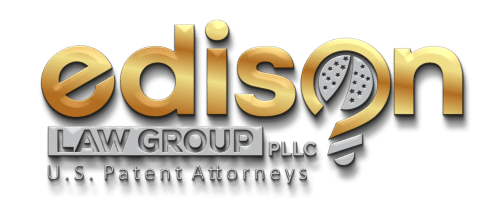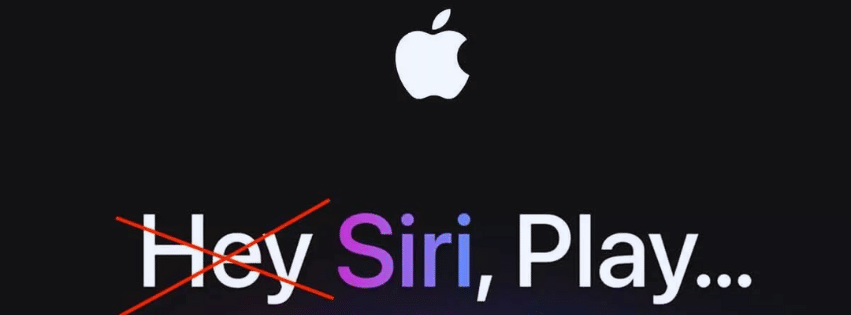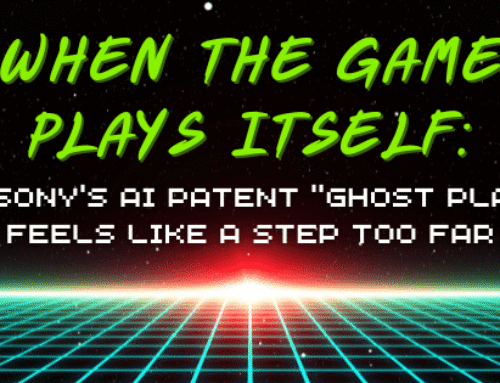Apple Faces Patent Lawsuit Over “Hey Siri” and Virtual Keyboard Technology
Apple is once again in the middle of a major patent dispute—this time over features tied to “Hey Siri” voice activation and virtual keyboard functionality. The lawsuit comes from Cerence, a company spun off from Nuance Communications, which originally powered Siri’s speech recognition before Apple fully brought the technology in-house. Today, Cerence largely focuses on conversational AI for vehicles, but it still owns a significant intellectual property portfolio that it claims Apple has unlawfully tapped into.
The complaint, filed in the U.S. District Court for the Western District of Texas, outlines a clash that started years ago. According to Cerence, it approached Apple in 2021 to discuss either licensing or selling a group of patents related to mobile text input and voice activation. As part of those talks, Cerence reportedly provided Apple with several documents: a summary of its patent holdings, spreadsheets showing that Apple itself had cited Cerence patents in its own applications, and detailed charts linking Apple products to Cerence technologies.
Despite those discussions, no deal was reached. Cerence claims Apple continued to use its patented innovations in iPhones, iPads, Apple Watches, and even HomePods, leading the company to seek legal action.
The Patents in Question
At the center of the case are patents that cover both text entry on mobile devices and always-on voice command detection. Among them:
- U.S. Patent No. 7,251,367: This patent describes a method for recognizing word patterns based on a virtual keyboard layout. Cerence argues that Apple’s iPhones and iPads running iOS 13 and later employ this system to match strokes against stored word patterns and display the intended word.
- U.S. Patent No. 7,453,439: This one covers continuous stroke-based text input—essentially what’s commonly known as “swipe typing.” Apple’s “slide to type” keyboard lets users trace through letters to form words, which Cerence alleges directly overlaps with its protected technology.
- U.S. Patent No. 7,750,891: Focused on selective input systems, this patent deals with tracking motion from a pointing device across an area, which Cerence says is also present in iOS devices.
- U.S. Patents No. 8,712,755 and No. 9,256,580: Both cover methods for improving shorthand keyboard text entry. Cerence insists Apple devices with pattern recognition systems for text input are in violation of these patents as well.
- U.S. Patent No. 9,361,885: Perhaps the most high-profile, this patent describes detecting voice commands while a device is idle or in low-power mode. Cerence specifically points to Apple’s “Hey Siri” wake word feature on iPhones, iPads, Apple Watches, and HomePods as infringing.
What Cerence Wants
Cerence is asking the court not only to rule that Apple has infringed on these patents but also to issue an injunction preventing Apple from further violations. The company is also seeking monetary damages, ongoing royalty payments, and other relief. Importantly, Cerence has requested a jury trial, which could put Apple in front of a panel of citizens tasked with determining whether some of its most popular device features rely on unlawfully used intellectual property.
Why Texas?
The lawsuit was filed in the Western District of Texas, a court that has gained a reputation for being more favorable to patent holders. Many tech giants, including Apple, have faced lawsuits there, and companies like Cerence see the venue as a strategic choice for improving their chances of success.
What’s Next
Apple has yet to publicly respond to the lawsuit, but it has historically fought aggressively against patent infringement claims, often countersuing or seeking to invalidate the patents in question. Still, if the case proceeds, it could force Apple to defend core features like swipe typing and “Hey Siri” that have become staples of the iOS experience.
For Cerence, the case is not only about potential financial compensation but also about reinforcing the value of its patent portfolio in an industry where voice and text input are central to user experience.
If the court sides with Cerence, Apple may face damages and licensing obligations—or be forced to alter how certain features function. With the case landing in Texas, a jurisdiction known for siding with patent owners, Apple could be gearing up for a significant legal battle.






